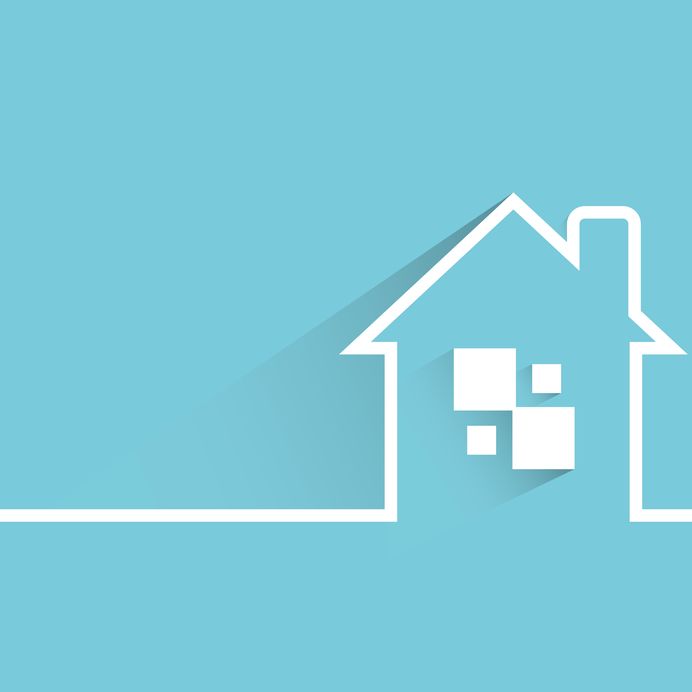Last week Fannie Mae and Freddie Mac suspended evictions and foreclosures for families living in houses financed through one of their loans. This policy was now extended by the two banks to include renters as well, in the event when they are not able to pay rent due to the coronavirus outbreak. To accomplish this goal of easing the burden on renters, Fannie Mae and Freddie Mac have begun to offer mortgage forbearance to those property owners, who derive their income from receiving rent. As the banks do not have direct contact with the individual renters themselves, they are allowing the property owners to delay payments in order to also help those who are not able to pay rent due to the epidemic. The condition for this is that all evictions in those properties are currently being suspended. This eviction suspension is in place for the entire duration of time that a property owner is in forbearance of his mortgage.
What is a Mortgage Forbearance?
When the individual paying the mortgage (the borrower) is unable to make payments on time, the creditor (typically, the bank) has two options. First, the creditor can foreclose on the property (evict the borrower and sell the property). Second, the creditor can offer forbearance to the borrower as a form of payment relief. This process would allow the borrower the time that he needs to repay the overdue payments. The terms of forbearance are negotiated between the borrower and the creditor and vary in each case. The advantages of forbearance are clear: it avoids foreclosure of the property and allows the borrower to negotiate the terms of the forbearance process and duration with the creditor directly. Those borrowers with a history of making timely payments are more likely to receive approval for forbearance from the creditor. The borrower’s employment stability and income also go into consideration.
Where Are Evictions Suspended?
Department of Housing and Urban Development has suspended evictions on all of its properties until May 1. This order applies to all properties financed through the Federal Housing Administration. New York has banned evictions state-wide until further notice. Cities all over the United States such as Denver, Seattle, San Francisco, San Antonio and Los Angeles also placed moratoriums on evictions due to the outbreak. Most of the evictions are paused until May 31. In Los Angeles, for example, tenants will have around six months to repay the payments they missed.
In Florida there is no statewide eviction moratorium at this time. In general, it is useful to consult the authorities in the exact location you are residing to know whether the evictions are suspended in that area and, if they are, for how long.
How Are Banks Reacting to the Coronavirus Epidemic?
Apart from Fannie Mae and Freddie Mac suspending renters’ evictions, other banks have also adopted measures aimed to help their customers. Many banks have implemented waivers due to the outbreak, which are available to different categories of borrowers. It is highly advisable to contact your bank before your mortgage payment or rent is past-due in order to work out an arrangement. Many banks have already expressed their intention to be flexible with payments during this time. Bank of America, Capital One, Chase, U.S. Bank and Wells Fargo are putting up their coronavirus response pages for customers to review on their websites.


